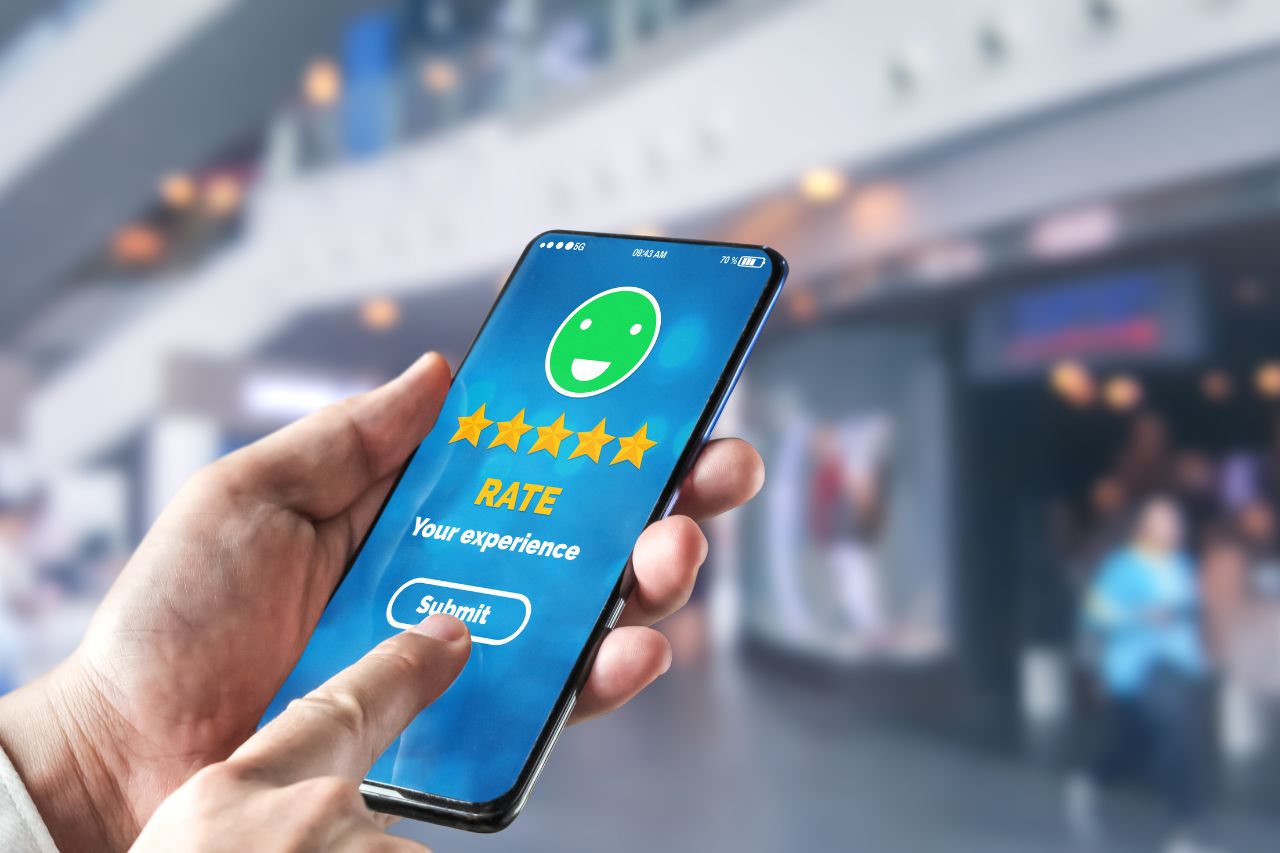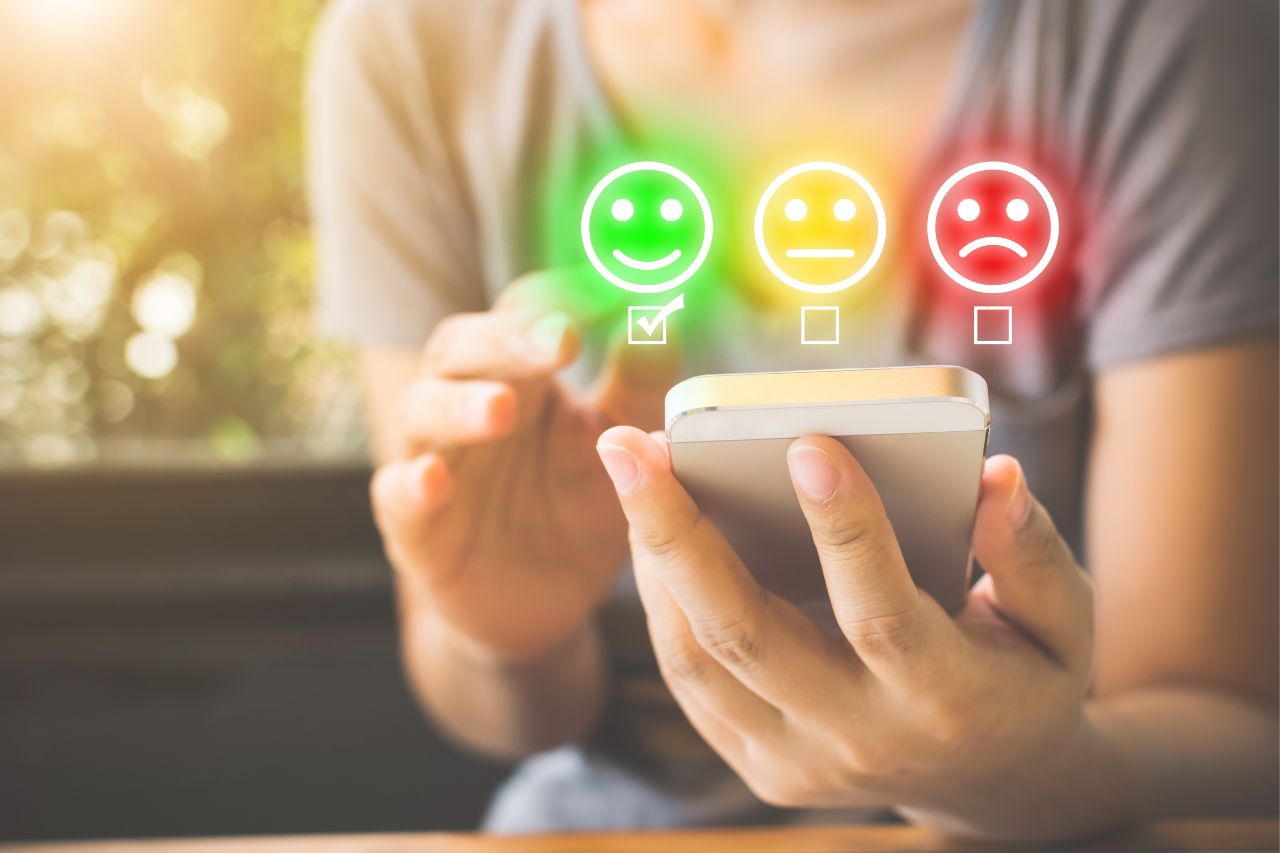Influencers are revolutionizing how brands reach out to their audiences, yet the term influencer can sometimes carry negative connotations, leading to a search for more descriptive terms to address the broad array of roles these digital trailblazers fulfill.
This blog post will explore the development and role of influencers over time and introduce more accurate terminology that better describes them.
A person who has a large following on social media.
Social media influencers are individuals with large followings on one or more major platforms like Instagram, YouTube, TikTok, or Facebook. Influencers produce niche-specific content to build loyal audiences while potentially promoting products or services they think might benefit their followers – an influencer can be highly effective in building brand recognition and driving sales for businesses represented by these influencers.
Influencer marketing can have a bad rep, so it’s wise to be selective about whom and what type of posts are shared on social media. Influencers should always be genuine and authentic when posting, without pushing products or services that don’t meet their followers’ needs; otherwise, they risk coming across as “fake”, harming both their reputation and trust with their audience.
Influencers must clearly articulate their roles within an industry. Influencers often use social media channels as platforms to demonstrate their knowledge and expertise, often becoming “thought leaders” who guide decisions made by followers.
Many brands prefer working with non-celebrity influencers as these typically offer greater authenticity and relatability – for instance, teenage girls may take better advice from peers with similar interests and lifestyles than from popstars with vast followings.
Substituting non-celebrity influencers for celebrity influencers may also be more cost-effective since celebrities tend to charge higher fees and can be difficult to work with due to their busy schedules.
As part of their creative freedom, influencers should also have creative control when working with brands. This ensures their content reflects authentically on your brand – for instance a university might work with student influencers to produce videos depicting campus life that help promote it to younger audiences and draw in new students.
A person who has a large following on a specific social media platform.
Influencers are an essential element of social media marketing. Their power to inspire, educate, and engage their target audience allows brands to reach new levels of digital success. Although “influencer” may be an overused term today, the concept has existed for millennia.
Many different kinds of people possess the ability to influence others. These can include authors, actors, singers, athletes, and journalists – these traditionally were known as celebrities but since social media’s ability to shape public opinion it has greatly expanded their sphere of influence.
As digital technologies have enabled more individuals to produce and share content with wide audiences, the term ‘influencer’ has evolved into its current form. Although its definition may shift over time, its core principle remains unchanged: someone with a large following on one particular platform who has an impactful message for their target audience.
Instagram, YouTube, and Facebook are among the most popular influencer platforms, each providing its advantages: for instance, YouTube can be great for long-form videos that provide information and entertainment simultaneously while Instagram excels at product promotion in an attractive, engaging manner Facebook is great for sharing news or updates to a wide audience.
Influencers should also be noted as channel-specific figures; for example, an influencer who has amassed an audience on Instagram may also enjoy considerable traction on other channels like Facebook or YouTube. This helps brands reach wider audiences by working with multiple influencers simultaneously.
Niche influencers with an established following in specific industries or topics can be invaluable allies for brands, as their loyal followers trust their opinions and advice. A blogger with a large following in fashion could partner with brands to promote their clothes and accessories – while nutritionists, fitness trainers, or beauty gurus could similarly collaborate to promote products for them.
A person who has a large following on a specific topic.
People with large followings in any niche can be invaluable marketing assets. Social media influencers have built up an audience who depend on them for advice or recommendations; their content could include blog posts, social media updates, podcasts, or YouTube videos that demonstrate this knowledge and expertise.
Influencers can inspire and connect with audiences through authenticity and personal stories, providing a sense of authority and credibility, especially when reviewing products. Brands should ensure they find influencers whose engagement rate, tone of voice, and content types align well with their campaign goals; for instance, if selling formal or business products it might not make sense to work with an influencer who creates more playful or casual posts.
Brands can work with influencers in various ways, including gifting them products and asking them to write blog or video content about them. Experienced influencers typically include contact details for potential sponsorship partnerships in their bio or on their website dedicated to sponsorship opportunities; some even post collaborations directly on social media accounts to increase campaign reach.
Influencers may hold full-time jobs or make their living from their online content; both can provide small businesses with an effective means of reaching their target market without breaking the bank. Khaby Lame of TikTok fame is well known for his quirky facial expressions and humorous personality; these characteristics have earned him over 35.7 million followers on TikTok alone!
Influencer marketing often takes the form of affiliate marketing, where brands pay an influencer a commission for any sales generated through their links. Affiliate marketing tends to be cheaper than traditional forms of advertising and can provide an entry point into influencer marketing.
A person who has a large following on a specific channel.
Influencers can often be distinguished based on the channel in which they publish their content – for instance, Instagram influencers, TikTok creators, and YouTube influencers all have different audiences that require different forms of content creation. This differentiation must exist as different channels have distinct requirements when it comes to audience size and required types of posts.
Instagram influencers with over 10,000 followers on Instagram are considered micro-influencers; those with 100,000 or more are considered macro-influencers. Micro-influencers serve niche expertise to their targeted audiences while macro-influencers – like celebrities or sports stars – appeal more widely and may provide brands with an ideal way to raise awareness for a particular cause or event.
Influencers must always be genuine and have an in-depth understanding of their roles and interactions with followers, regardless of the channel they use. Brands should form long-term partnerships with influencers because frequent posts from them build trust among their audiences and it’s also crucial that influencers collaborate with brands that share similar values or beliefs to themselves.
While the term ‘influencers’ may be relatively novel, using people with large followings to shape opinions and decisions has long been around. Celebrities, politicians, religious leaders, and other public figures have long held some level of power over their audiences; with the digital revolution however, this influencer circle has expanded further – now including social media platforms where anyone can become an influencer.
Influencer marketing has brought many benefits to society, such as increased transparency and an enriched consumer base. Unfortunately, however, some concerns about its effects remain. Issues surrounding fake accounts and overinflated follower counts need to be carefully assessed by brands before engaging with influencers; otherwise, they run the risk of becoming victimized themselves. Brands must understand potential risks when working with influencers so that they can take steps to protect themselves before making their choice of influencer.
There are various definitions of an influencer; however, one key characteristic is having an engaged following on one channel. Knowing these synonyms of influencers can help marketers build more productive partnerships and utilize an accurate vocabulary when discussing their work.











